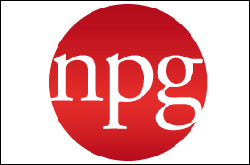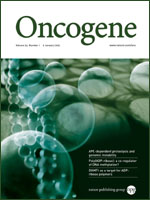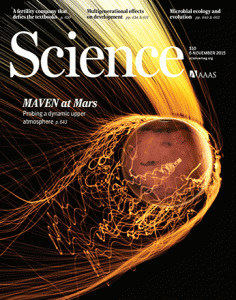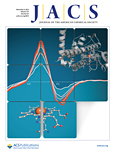Nature Publishing Group is retracting three papers today, after an investigation found evidence the peer-review process had been compromised.
The publisher issued a statement saying they had notified corresponding authors and institutions associated with the three papers, which were all published last year in the journals Cancer Gene Therapy and Spinal Cord.
Here’s the note that’s going on each of the papers, (they’re the same, except for the publication date):
Continue reading “Compromised” peer review hits three papers from Nature Publishing Group








 The authors of a paper on a mechanism for potential cancer therapies are retracting it after realizing they published some proprietary findings “without permission and agreement from St. Jude Children’s Research Hospital.”
The authors of a paper on a mechanism for potential cancer therapies are retracting it after realizing they published some proprietary findings “without permission and agreement from St. Jude Children’s Research Hospital.”